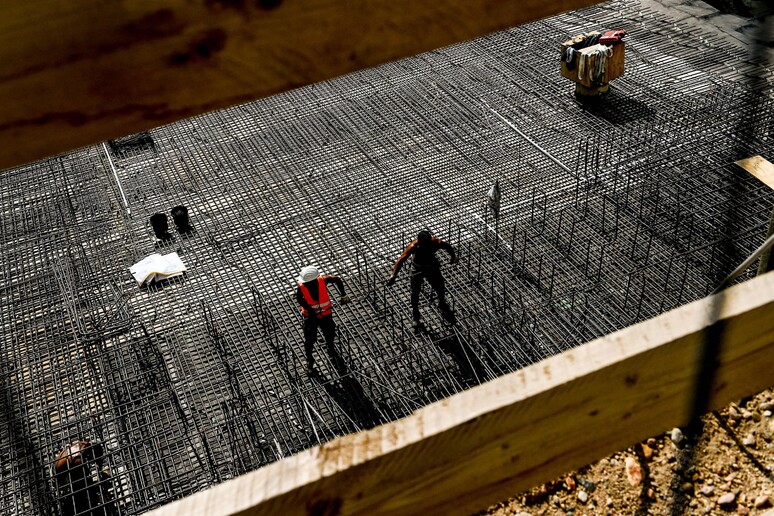(ANSA-AFP) - FRANKFURT, MAR 17 - Germany's plans to spend
hundred of billions of euros on defence and infrastructure could
be inflationary, a leading think tank warned Monday, urging the
next government to also pursue pro-growth reforms. Spending
large sums of borrowed money without making Germany a better
place to do business could backfire, economists from the Ifo
institute told a press conference. "If we don't raise the
productive capacity of the economy, i.e. work more, that will
only lead to inflation," said Clemens Fuest, head of the
Munich-based institute. High energy prices had led some
companies to relocate production abroad, Fuest said, adding that
"I don't believe that they will now go back on their decision."
As a result, he said, "productive capacity is lower" in Europe's
biggest economy. Germany's likely next chancellor, Friedrich
Merz, proposes spending 500 billion euros ($545 billion) on
infrastructure in an effort to boost growth. Of this, 100
billion euros are earmarked for a climate and economic
transformation fund, in a concession made last week to the
environmentalist Greens to secure their support. Many economists
have greeted the plans, due to be voted on in parliament on
Tuesday, as a useful way for the German economy to get back on
its feet after years of low or no growth. (ANSA-AFP).
ALL RIGHTS RESERVED © Copyright ANSA





